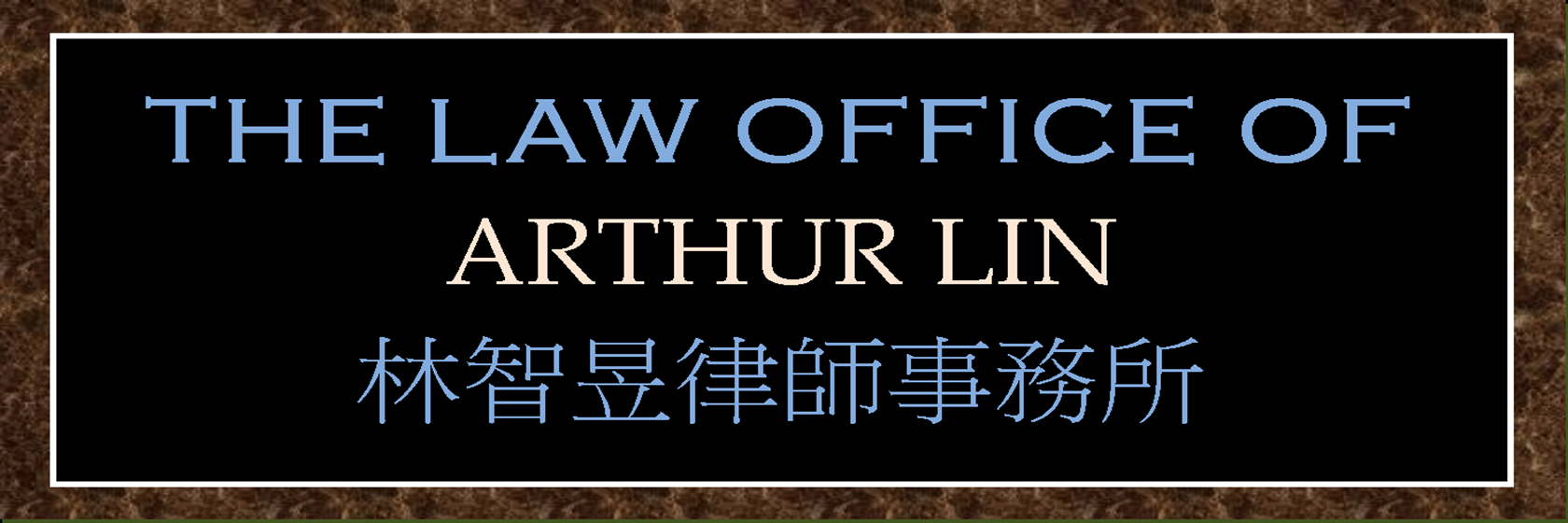Custody Hearing Procedures
CUSTODY JURISDICTION
An Request For Order or Trial is scheduled by the court in which the matter is filed. Often, the hearing will be set at least two months away. Many courts require the parties to attend mediation prior to any hearing on custody: the date of Conciliation Court must be scheduled when the Request For Order is filed. (If you are filing in Los Angeles, the client may attend mediation at any courthouse, not just the one in the district where the action was filed.)
UNIFORM CHILD-CUSTODY JURISDICTION AND ENFORCEMENT ACT
These are the purposes of the UCCJEA:
- Request for Order
- To avoid jurisdiction custody conflicts between states.
- To promote cooperation between different states.
- To provide for litigation to take place in the state with the “closest connection” to the child.
- To discourage continuing controversy by encouraging binding decisions.
- To penalize parents for “abductions and other unilateral removals of children.”
The UCCJEA applies to custody and visitation and includes juvenile dependency, guardianship, and stepparent adoption cases. It has been adopted in every state and in the District of Columbia, but not in Puerto Rico and the Virgin Islands. Because it is a uniform act, state court interpretations may be cited as the authority. The provisions of the UCCJEA apply in international custody disputes, even though foreign jurisdiction does not follow the UCCJEA.
The UCCJEA maintains that the child’s home state or “recent home state” (the home state if not for a recent abduction) is the preferred forum to determine custody. Thus, the home state means the state in which a child lived with a parent for at least six consecutive months immediately before the commencement of a child custody proceeding. If it is less than six months of age, the home state will be the state in which the child lived from birth with any of the parents.
A court may exercise jurisdiction in the following circumstances:
When a child and at least one contestant have a significant connection with the state and substantial evidence concerning the child’s present or future care, protection, training, and personal relationships is available in the state.
If it is in the best interest of the child and no other state has jurisdiction, or if another state has declined to exercise jurisdiction on the grounds that the first state is a more appropriate forum.
If the child is physically present in the state and has been abandoned, or if the child must be protected because he or she has been subjected to or threatened with mistreatment or abuse, or is otherwise neglected.
